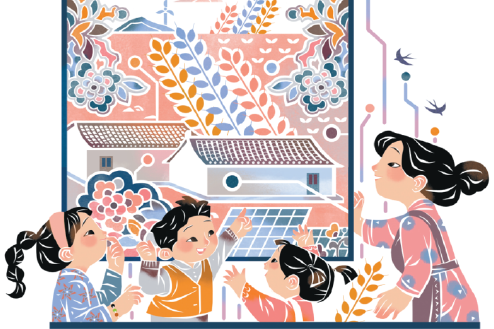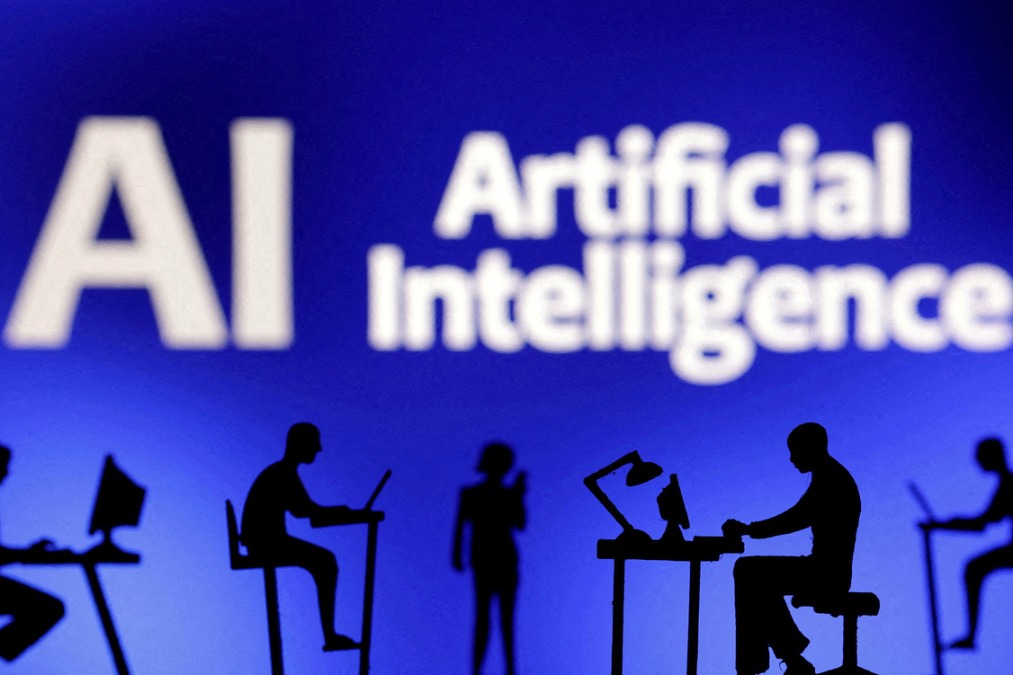Party leadership will never give in and never stop the fight against corruption: China Daily editorial

How to break out of the rise-and-fall historical cycle is a question that all ruling parties seek to answer. For the Communist Party of China, the answer to that question is to continuously advance the Party's self-revolution.
As Xi Jinping, general secretary of the CPC Central Committee, said at the ongoing fourth plenum of the 20th Central Commission for Discipline Inspection, being held in Beijing from Monday to Wednesday, China is in a critical period of national rejuvenation, and the Party's construction is also facing unprecedented new situations, new problems and new challenges. Corruption represents the gravest threat to the Party and the fight against corruption is the toughest test of the Party in its self-revolution, Xi emphasized.
That a total of 58 centrally managed officials were investigated for disciplinary violations in 2024, among whom 47 were at the vice-ministerial level or above, shows the vital need for the Party's self-cleansing. It also underscores that it is by no means an empty talk that no matter how high their position is, those that violate the Party's discipline or the law will be held accountable.
The fight against corruption is always being waged as efforts are constantly needed to ensure that officials dare not, cannot and do not want to trade power for personal gain. The corruption fight is by no means a campaign-style rectification or anti-corruption storm, but a normalized, precise and institutionalized process that is carried out under the leadership of the CPC Central Committee in a rule-of-law manner. It not only focuses on corruption, but also rectifies bureaucratism and other malfeasance practices to ensure the execution capabilities, cohesion and vitality of the Party. With more than 99 million members, the Party must never be allowed to become a place for those to pursue their own interests. The reason why many major parties in the world with extraordinary histories and achievements did not break out of the historical cycle and collapsed is that they ignored or were unable to resolutely deal with their own problems.
By daring to examine itself, not whitewash its mistakes, and promptly discover and solve its own problems, the Party can prevent the corrosion of interest groups, power groups and privileged classes, and, as Xi noted, form an atmosphere in which the Party members exercise self-discipline and make fulfilling their duties a conscious act. Few ruling parties, if any, are willing to conduct self-scrutiny in such a scientific, systematic and sustained manner as the CPC. This is due to the crisis awareness in the blood and genes of the Party since its founding in difficulties. The Party has only emerged stronger from overcoming all the challenges it has encountered along the way that has brought it to where it is today by adapting itself to the times. In that process, it has learned that it is essential to keep itself clean in the exercising of power, so that it can be efficient in operation and execution, and responsive to people's needs.
As Xi urged, the fight against corruption must continue to exert efforts to eradicate the soil and conditions that produce corruption problems. So it is necessary to strengthen supervision of those with key powers such as policymaking, decision-making, and approval and supervision, especially in some emerging fields and industries to accelerate the establishment of effective supervision mechanisms, plug loopholes in the monitoring system, standardize discretionary power, reduce rent-seeking opportunities, and quickly deal with any new types of corruption and hidden corruption that may emerge.
Legislators should work together with the disciplinary inspection agencies to further improve the basic laws and regulations, improve and strengthen the supporting system for supervision of the key power holders, continue to promote national anti-corruption legislation, and revise the Supervision Law in line with the times. The anti-corruption struggle must severely punish corruption that links politics and business, crack down on profit-seeking behavior based on power, and prevent various interest groups and powerful groups from infiltrating the political field. In particular, it is necessary, as Xi stressed, to strengthen the anti-corruption work at the grassroots level and in areas related to people's livelihoods so that the people can better feel a stronger sense of gain from the success of anti-graft efforts.
Founded in 1921, the Party, with its experience of ruling the most populous country in the world since 1949, must always remain vigilant to ward against degeneration from within. It must not forget the lessons of history and must not be slow to respond to its own problems to ensure that it retains its vigor and vitality.


































